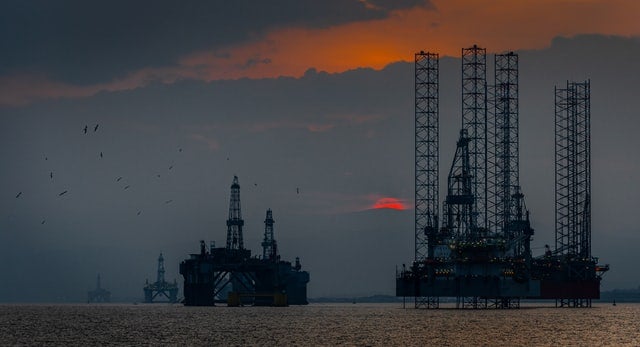
Shell’s revised plan to develop the Jackdaw gas field in the UK North Sea has received final regulatory approval.
The project has been approved by the North Sea Transition Authority (NSTA) and the Offshore Petroleum Regulator for Environment & Decommissioning (OPRED).
Jackdaw is an offshore gas and condensate field, with ultra-high pressure, high temperature (UHPHT) reservoir, proposed to be developed in the UK North Sea.
The regulatory approval comes as the UK government seeks to boost domestic energy output after Russia’s invasion of Ukraine, reported Reuters.
The UK government has previously urged domestic producers to ramp up domestic oil and gas production.
With the regulatory approval, the Jackdaw gas field is expected to contribute to 6.5% of Britain’s total gas production, said the oil and gas firm.
UK’s Business and Energy Secretary Kwasi Kwarteng said on Twitter: “Jackdaw gas field – originally licensed in 1970 – has today received final regulatory approval.
“We’re turbocharging renewables and nuclear, but we are also realistic about our energy needs now. Let’s source more of the gas we need from British waters to protect energy security.”
OPRED has rejected Shell’s plans for the development of the Jackdaw gas field last year, due to environmental concerns.
The oil and gas company updated its proposal and submitted the new plan in March this year, which aims to begin production from the field in the second half of 2025.
Shell’s new plan has changed its strategy for processing gas at the Shearwater hub, as it plans to connect the Jackdaw field to Shearwater.
Instead of removing all naturally occurring CO2 from the gas offshore, Shell plans to export some of it to the onshore St Fergus terminal for further treatment.
Global environmental campaigning network Greenpeace said the regulatory approval ‘could be unlawful and will consider taking legal action’, reported Reuters.






